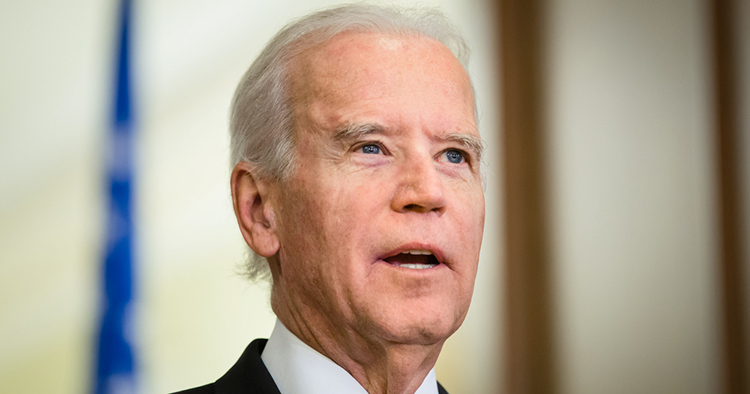Around the Blawgosphere: Questions Employment Law Bloggers Would Like to See the Candidates Debate

In anticipation of the first presidential debate on Wednesday and the vice presidential debate on Oct. 11, five employment law bloggers joined forces this week to share what labor and employment-related questions they would ask the candidates. In “Face the Bloggers”—as Employment & Labor Insider blogger Robin Shea, a lawyer in Winston-Salem, N.C., put it—the five posted their questions to President Barack Obama on Monday; to presidential candidate Mitt Romney on Tuesday; to Vice President Joe Biden on Wednesday; and to vice-presidential candidate Paul Ryan on Thursday.

President Barack
Obama. Rena Schild
Shutterstock.com
Robin Shea’s question to Obama, posted at Employment & Labor Insider:
“We already have Title VII and the Equal Pay Act, both of which give remedies to women if they’re discriminated against with respect to compensation, as well as your own Lilly Ledbetter Fair Pay Act. (Title VII and the Ledbetter Act apply to pay discrimination based on race, national origin, etc., as well.) An expansion of the existing law is likely to make employers more vulnerable to lawsuits and class action settlement demands in an already bad economy. Given that, what evidence do you have that any significant part of the current sex-based disparity in pay is caused by discrimination against women, as opposed to voluntary work-life choices made by women and men? In light of studies showing that the so-called “gender pay gap” almost disappears when one controls for voluntary choices, why is this legislation necessary and couldn’t it actually have the perverse effect of limiting opportunities for women?

Mitt Romney.
Maria Dryfhout
Shutterstock.com
Cleveland lawyer Jonathan Hyman’s question to Mitt Romney, posted at Ohio Employer’s Law Blog:
“You are on record opposing the Employment Non-Discrimination Act, a bill that would make it illegal under federal law for employers to discriminate on the basis of sexual orientation or gender identity. Yet, you have also publicly stated that you support anti-discrimination and equal rights for all. Which is it? Are you in favor of equal rights for all, or you do believe that it permissible for employers to deny rights to individuals based on their sexual orientation or their gender identity? And, if the Employment Non-Discrimination Act came across your desk in the Oval Office, would you sign it or veto it?”

Joe Biden. Jason
and Bonnie Grower
Shutterstock.com
Hartford, Conn., lawyer Dan Schwartz’s question to Biden, posted at Connecticut Employment Law Blog:
“One of the big ideas of the administration early on was the Employee Free Choice Act. It’s an act that you publicly showed strong support for. The bill never passed, and some of the ideas regarding ‘card check’ [in which a company waives its statutory right to secret ballots in a vote to unionize] seem on life support. What happened with the bill? What lessons have you learned from its defeat, and do you still support its provisions, even if it is done through administrative rule changes rather than legislation?”

Paul Ryan.
Mel Brown
Shutterstock.com
Philadelphia lawyer Eric B. Meyer’s question to Paul Ryan, posted at The Employer Handbook:
“Your campaign website claims (here) that “unions drive up costs and introduce rigidities that harm competitiveness and frustrate innovation.” Both you and Mitt Romney have been critical of the Employee Free Choice Act, a bill that would have made it easier for employees to unionize. Indeed, you once received a 7 percent approval rating with the AFL-CIO. Do you feel that unions today provide any benefit in America’s workplace? And, if given the opportunity, would you repeal the National Labor Relations Act altogether?”
Fort Lauderdale, Fla., solo Donna Ballman notes in her question to Ryan at Screw You Guys, I’m Going Home about whether he supports labor unions, that back in 2009, Ryan said to the Milwaukee Journal-Sentinel: “A lot of conservatives just think unions are nothing but bad. That’s just not true … They’re people who are just trying to make their lives better, people trying to collectively negotiate a better standard of living for themselves. What the heck is wrong with that?”
If you yourself have questions for the candidates related to the legal profession and the justice system, take a look at the ABA’s 2012 presidential questionnaire and write them in. The ABA plans to select submitted questions that reflect the association’s nonpartisan positions and present them to the candidates.



